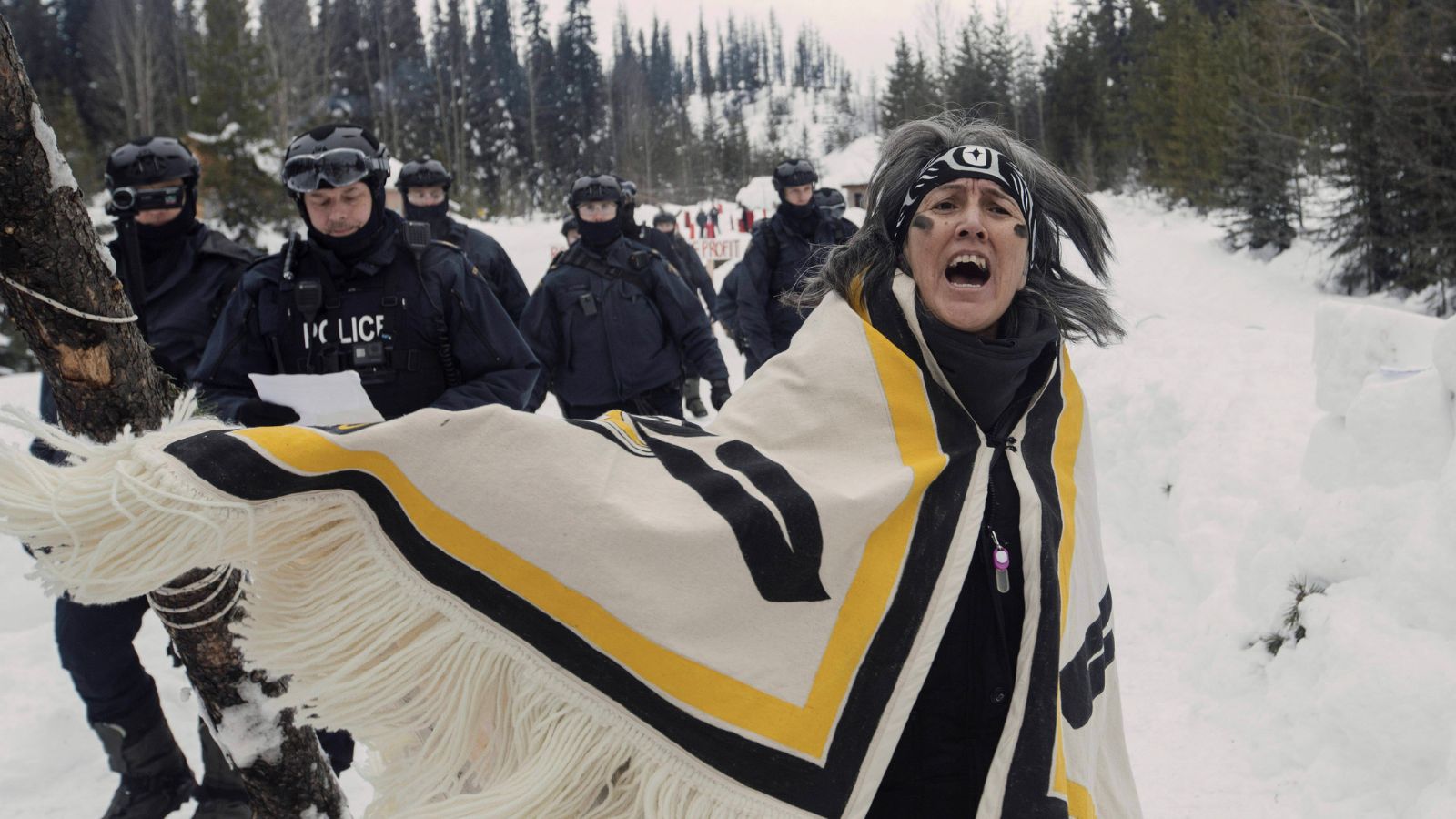New research finds Floating Storage Regasification Units (FSRUs) expansion surging in Europe, adding increasing risks with fossil fuel dependence
September 3, 2024 (SEOUL) — A growing global spike in the deployment of Floating Storage Regasification Units (FSRUs) in response to energy security concerns, poses a significant risk to long-term energy security and climate goals, warns a new report by Solutions for Our Climate (SFOC).
The report, titled "Floating Doubts: The Risks of FSRUs in Expanding Methane Gas", highlights how the rapid adoption of FSRUs is creating a dangerous expansion of fossil fuel infrastructure that threatens to derail global efforts to combat climate change. The issue is especially serious in Europe, where 9 new FSRUs have been deployed in just two years from 2021, an increase of 48.49mtpa2 - equivalent to the annual natural gas consumption of a country like Spain.
Rachel Eunbi Shin, Lead of Energy Supply Chain at SFOC, said, "FSRUs are being promoted as a quick fix for energy security. However, they are locking countries into long-term fossil fuel dependence. This approach not only undermines climate targets but also diverts crucial resources and attention from renewable energy development."

FSRUs have seen global criticism from climate groups, citing climate and environmental concerns, such as the 2023 legal complaint by a local German environmental group filed against an FSRU in Wilhelmshaven and the iconic Greenpeace protest in Croatia, which dubbed the "LNG Croatia" FSRU as a "Climate Killer" in 2021.
While seemingly driven by energy security concerns, such as efforts to diversify energy supply channels away from onshore gas pipelines, analysis shows that FSRUs do not effectively address energy security by fostering an ongoing reliance on fossil fuels, often associated with market-driven price fluctuations, and hindering the transition to renewable energy. Additionally, the portrayal of FSRUs as a "short-term" solution ignores their long-term climate impacts lasting more than 10 to 20 years beyond their initial contracts. This misalignment is particularly concerning given the IEA’s net zero scenario, which projects LNG demand to peak in 2030 and drop by over 56% by 2040, risking significant stranded assets.
Finally, perceptions of LNG as a "cleaner" solution fail to account for additional climate risks caused by methane leakage and environmental degradation. Methane, with a warming potential 84 times that of CO2 over a 20-year period, poses a serious threat. A recent 2023 study revealed that without rigorous methane control, replacing coal with LNG fails to deliver expected greenhouse gas reduction due to significant methane emissions.
FSRU deployment poses significant environmental risks, including marine ecosystem disruption, coastal erosion, and increased vulnerability to extreme weather events as observed in Indonesia where the Java 1 FSRU project is expected to harm local marine life and disrupt local mangroves and coral reefs. Bangladesh's experience highlights the vulnerability of FSRUs to severe weather, as evidenced by a cyclone-damaged FSRU in May 2024 that forced a pause in operations, for over three months with no definite restart date announced.
From a financial perspective, the report also reveals that declining utilization rates for global LNG import facilities are an emerging trend, with rates reaching as low as 37% in May 2024. This trend suggests a growing risk of stranded assets and overinvestment in LNG infrastructure.
"The unchecked growth of the FSRU market poses a significant long-term risk to global climate goals," Shin added. "As nations rush to secure energy supplies, the misleading allure of quick-fix FSRU solutions obscures their long-term environmental and economic drawbacks."
To meet climate targets and effectively manage energy security risks, decoupling from fossil fuels and accelerating renewable energy deployment is critical. Governments and industry stakeholders must reassess FSRU expansion plans and redirect focus towards sustainable, renewable energy solutions that align with global climate goals and ensure long-term energy security.
A correction was made on September 3, 2024: The earlier version of the Press Release included an incorrect reference to the FSRU location in Indonesia (Bali).
ENDS.
Solutions for Our Climate (SFOC) is an independent nonprofit organization that works to accelerate global greenhouse gas emissions reduction and energy transition. SFOC leverages research, litigation, community organizing, and strategic communications to deliver practical climate solutions and build movements for change.
For media inquiries, please reach out to Kate Kalinova, Communications Officer, at kate.kalinova@forourclimate.org.
Share this insights























![[Brief] South Korea’s international public finance continues to block a just energy transition](https://content.sfoc.tapahalab.com/images/research/RC5Kime.jpg)





![[토론회] 한국형 녹색분류체계(K-Taxonomy), 무엇이 녹색경제활동인가](https://content.sfoc.tapahalab.com/images/research/bn8jdme.jpg)
![[이슈 브리프] 탄소포집, 이용 및 저장기술(CCUS) 현황과 문제점](https://content.sfoc.tapahalab.com/images/research/SWESdme.jpg)





